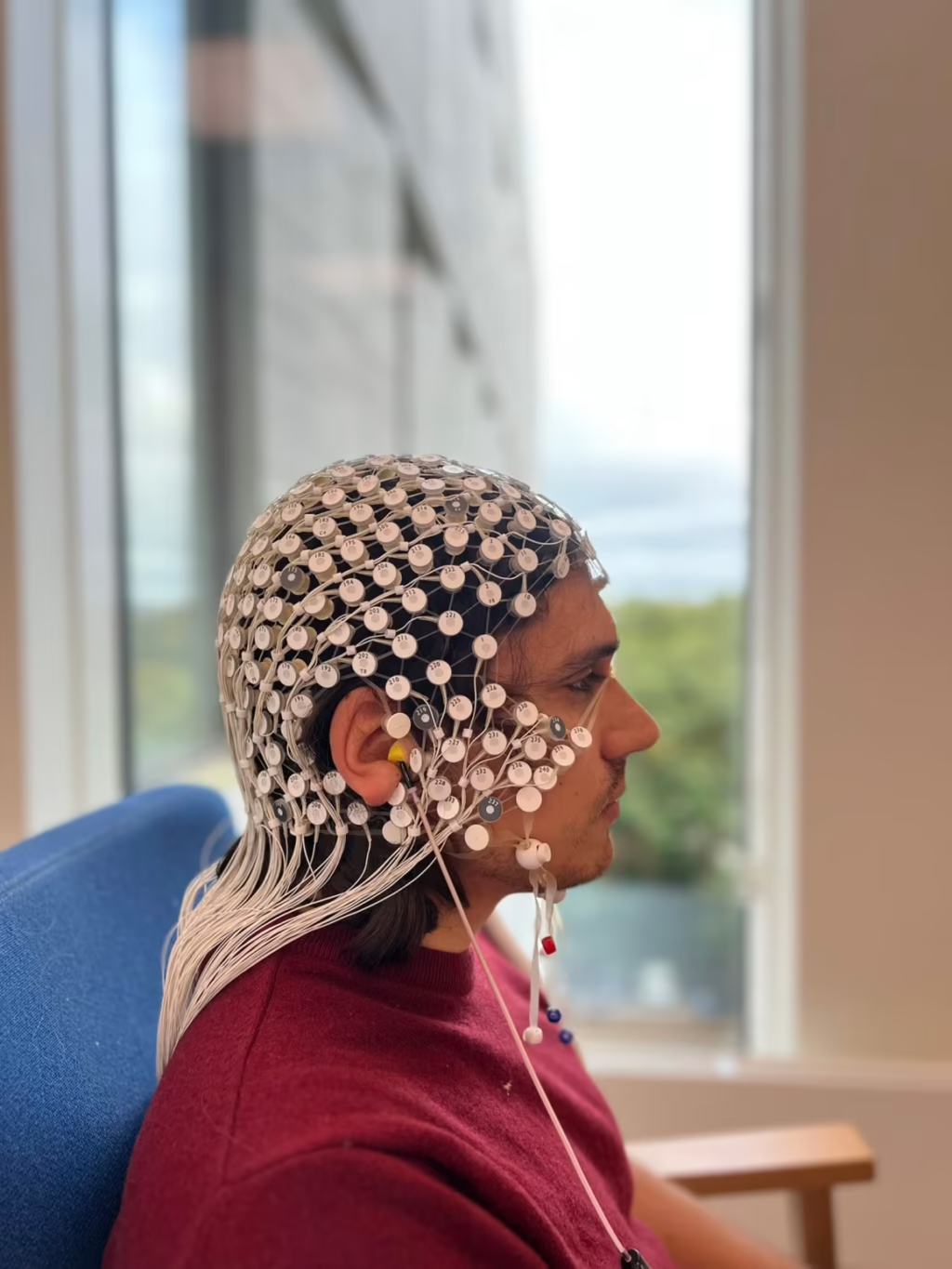Recent early research suggests that a simple, noninvasive brain test may help forecast whether a person taking antidepressants will experience sexual side effects. This breakthrough could lead to more tailored treatment plans — ones that protect both mental health and sexual wellness.
Millions of people worldwide use antidepressants, particularly SSRIs (selective serotonin reuptake inhibitors). While these medications can lift mood and ease symptoms of depression, they often come with the less discussed cost of sexual dysfunction — diminished libido, difficulty achieving orgasm, and erectile issues are among the common complaints. Estimates vary, but studies show that 25 to 80 percent of users may experience some form of sexual side effect at some point during treatment.
The new brain test employs electroencephalography (EEG) to measure electrical responses in the brain. The key metric is known as the loudness dependence of auditory-evoked potentials (LDAEP). In simple terms, LDAEP reflects how sensitively the brain responds to sound, which indirectly links to serotonin activity. Because SSRIs affect serotonin levels, researchers propose that LDAEP values may help predict who is more likely to suffer sexual side effects when taking SSRIs. In one smaller pilot study of people with depression, that prediction showed about 87 percent accuracy over eight weeks of treatment.
If validated in larger trials, the implications are huge. Doctors might one day use this test before prescribing antidepressants. That way, they can anticipate side effects and either choose alternative medications or proactively add therapies to offset sexual issues. For patients, this could mean fewer painful tradeoffs between feeling mentally well and maintaining a satisfying intimate life.
Still, this is very early work. Experts emphasize that LDAEP is not a direct measure of serotonin itself and that further clinical trials — especially larger, placebo-controlled ones — are necessary before this test can be used routinely.
In the meantime, patients should feel empowered to talk openly with their clinicians if they notice changes in sexual function after starting an antidepressant. Adjusting the dose, switching medications, or combining treatments are established paths to finding a balance. But this emerging brain test offers a glimpse of a future where that balance is easier and more predictable.


